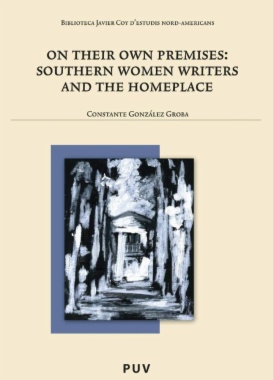

In writing on Kierkegaard an author should consider as Kierkegaard did, not only his purpose in writing, but the purposes of writing which may contradict him. Gene Fendt offers a polyvocalic reading of Works of Love, grounded in a post-structuralist theory of signs, leading as a matter of literary and psychological, if not ontological, course to Fear and Trembling.